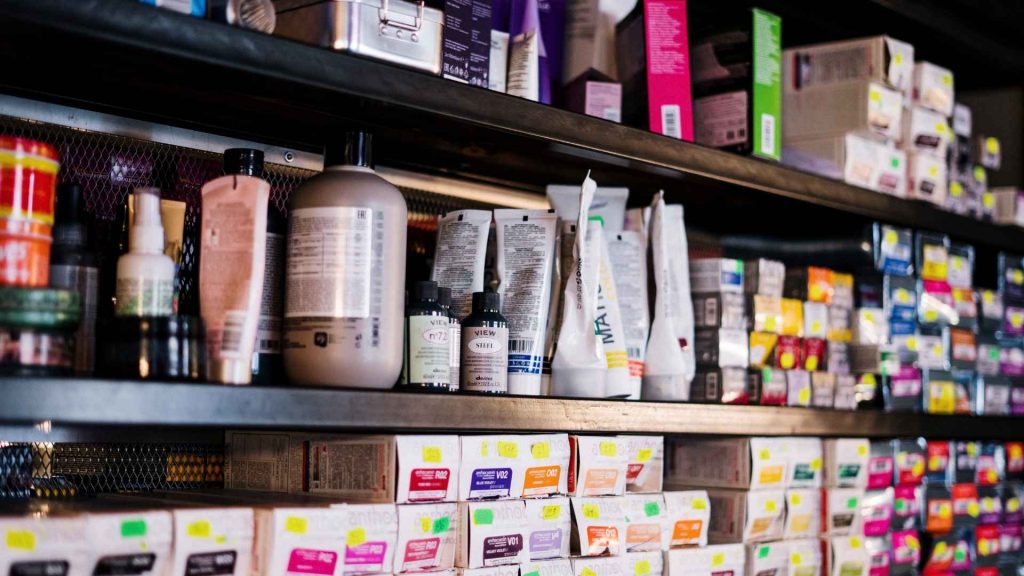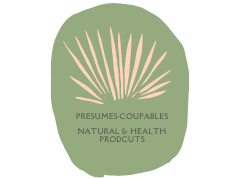
In the beginning, you may want to start with just one or two products. As your business grows and you begin to make money, you may need to switch products or tweak your product offerings. Choose a manufacturer that has the expertise you need to create your product. The more skilled the manufacturer, the easier and faster your product will be made. Here are some tips for finding a manufacturer that is qualified to produce your private label products. This way, you can get your products on the market in no time!
What is private label?
Private labeling is a great way for a business to offer new products without creating the product themselves. The process of private labeling allows companies to sell products that are known to their target market, without having to create new products from scratch. For example, a business may want to offer shampoo and conditioner under its own brand, and it can easily do so by using a private label manufacturer. This way, the manufacturer already created the products, which meet all local laws and regulations.
Another benefit of private labeling is that a retailer can control the price of the product, allowing them to set the price at which it is profitable to sell it. This is an especially valuable advantage for smaller retailers, since larger companies might not be interested in niche products. Private label products also enable the retailer to be responsive to rising consumer demands, because the products bear the name of the retailer. Private labeling can increase retailer brand awareness and increase customer loyalty, making it a good business strategy for small businesses.
While private labeling requires a large amount of marketing investment, it is a good option for small businesses that want to make their own brand name. The process of private labeling varies greatly from product to product, depending on the size of the company. In some cases, private labeling can be more advantageous than white labeling because it allows for more control over product, pricing, and brand recognition. However, it is important to consider the cost of private labeling before going ahead.
What is an example of private label?
Private label products are products produced by a third-party firm and sold under a retailer's own brand. They are created according to a retailer's specifications, and the retailer pays the third-party firm to produce and deliver the product. As a result, the consumers see private label products as the company's own. For example, a seller of collaboration software might introduce a private label line of conference call hardware.
Some companies choose to make their own products. Many hair salons private label their own branded products. Restaurants often private label popular condiments and cleaning products. Even pet stores and grooming salons can create their own branded products. And these private label categories are growing in popularity. The manufacturer works under the direction of the retailer and delivers the finished product to their store without branding. There are many benefits to private label products.
Private labels are easy to brand and sell online. One example is the mobile phone accessory market, which is expected to reach $100 billion by 2022. Mobile phone accessories include screen protectors, phone cases, and keyrings. They target virtually everyone with a cell phone. The private label brand can target any type of product, from cosmetics to sportswear. By doing research, you can find a niche that makes sense for your brand.
What is the purpose of private label?
Private labels are items sold by retailers under their own brand name. The products are sold at a lower price than their national brand counterparts. Because of this, the products have lower operating costs. The manufacturer can easily sell their products in bulk to large retailers, which increases sales. The private labeling process can be beneficial for small manufacturers looking to reach a wider audience. Read on to discover the advantages of private labeling.
Private label products help retailers control their costs and price points. They can respond more quickly to market trends, while also building brand equity. The lower entry barrier allows smaller retailers to be nimble and respond quickly to consumer demands. Private label products can be very profitable if successful, boosting retailer brand awareness and customer loyalty. However, private label products are not suitable for everyone. Not all retailers are able to manufacture private labels.
To achieve success, it is vital to understand the drivers of sales. Many leading retailers create their own brands. They look for key drivers of purchase at category level and seek quality certification from leading independent product testing authorities. By ensuring the quality of the products, retailers can boost their sales by up to 10%. By making private labels a part of the retail business, retailers can increase their share of revenue and customer loyalty. If you're considering starting a private label program, read on: https://build-your-own-brand.com/
